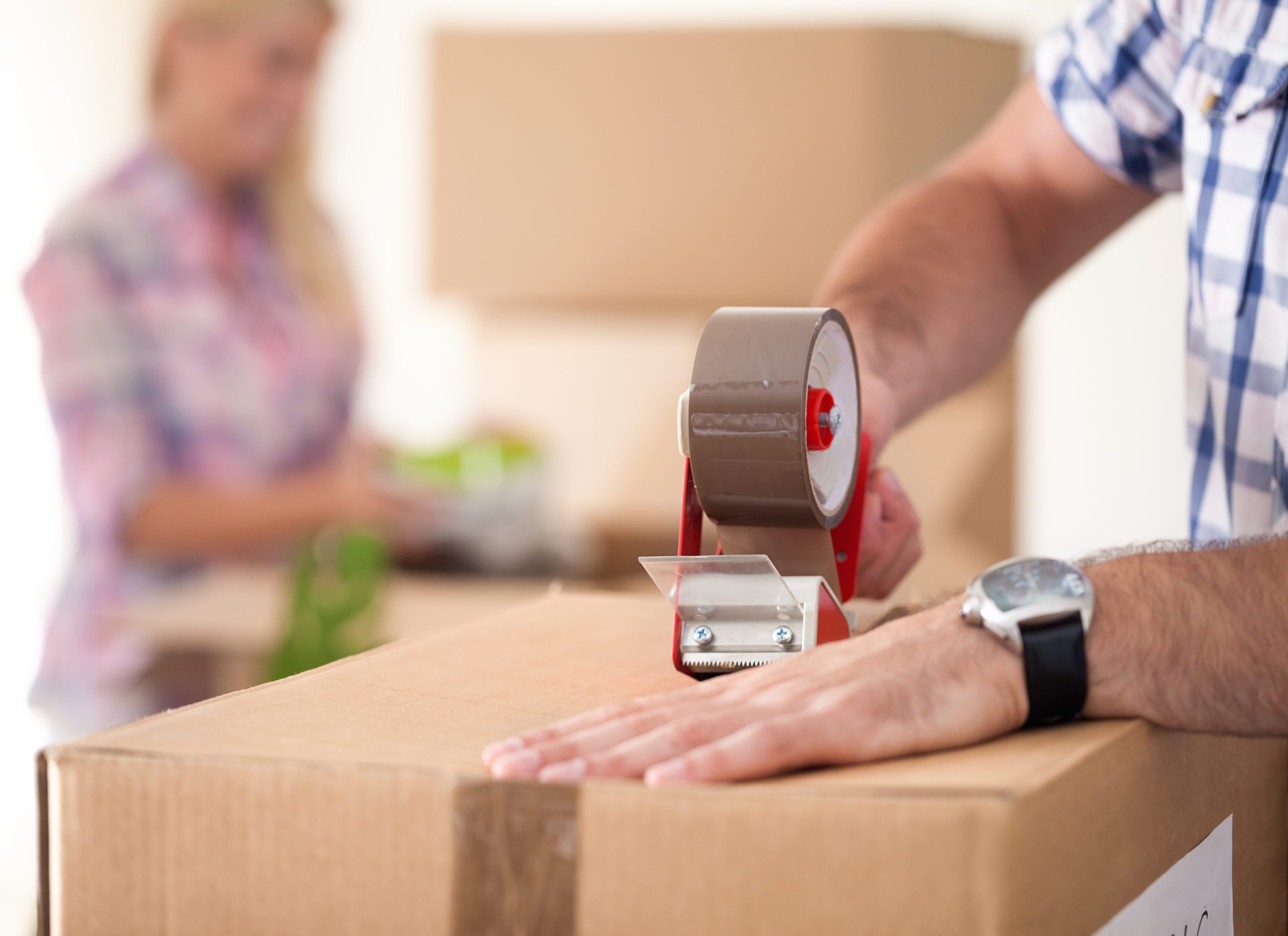Preparing for the Move

All journeys begin somewhere. Dorothy started in Kansas, Frodo started in the Shire and you’re starting in your front room. Much like those who went before you, it’s easily to feel overwhelmed. But that needn’t be the case. Our guide to preparing for your move overseas will break down the considerations that you need to make, doing some of the hard work for you!
- Lists
- Freight
- Address change
- Paperwork
- Medical
- Taxes and Pensions
Lists
With something as life changing as emigrating overseas, the devil’s very much in the details. You can easily take the stress of constantly trying to remember 101 things at once by writing checklists. Breaking up your task list into manageable chunks, e.g. “Kitchen Packing” and “Bank checklist”, is a great way of turning an intimidating list easily as long as twice your arm into something you can actually tackle.
Freight
It’s not just you who’s travelling across the globe, it’s your worldly possessions as well. It goes without saying that you’ll be coating everything in 15 inches of bubble wrap, but there’s more to it than that.
To ensure you get the best freight deal, compare several quotes from professional moving companies. You’ll need to note how companies are insured, and whether your own insurance will cover your goods during transport. It’s best to start this at least 90 days before your departure date, especially as you’ll need to research whether certain items are banned in your new home country on top of all of this.
Another advantage to starting early is being able to take your time with packing up potentially your entire household. It’s best to start with items you’re not going to need in the leadup to moving day or immediately after you arrive – ornaments and books for example. Now’s also a good time to decide if any of your items should be going into storage, or be sold on a site like Ebay or Freecycle.
Closer to the move, it’s a good idea to select your “essential” items – belongings that you’ll need immediately on arrival (don’t forget the tea!) and whilst you wait for your shipped goods to arrive. On moving day itself, make sure to get a rough delivery date for everything’s that’s travelling via freight and to go through the inventory with the moving company. Once your belongings have arrived, carefully check them and note any damage on your shipping company’s relevant paperwork.
Change of Address
Unless you are using your becoming an expat as the perfect opportunity to cut off all ties with friends, family and those pesky utility bills, this is a pretty essential step. To save you a lot of time and elbow grease, why not print off cards with your new contacts details on them? They can easily be handed out, and you avoid constantly repeating yourself. And there’s always the handy mass email.
If you are still expecting post to your previous address, e.g. the aforementioned bills, you’ll need to set up a redirect to your new address or to a trusted friend/family member in your former country of residence.
Paperwork
This is probably the least exciting part of moving overseas, but it’s just got to be tackled.
The first and most important thing is to check whether you need a visa for your destination country. You’ll need to do this at least two months before your departure as they will take a while to be processed, and this is assuming all paperwork and supporting documentation is present and correct. Another thing to bear in mind is that many countries require official paperwork to be certified before it can be dealt with.
Next, passports. Valid? Close to expiring? Sort it! Also, remember your driving license may not be valid in your new home unless it is accompanied by an International Driving Permit.
Finally, it’s a good idea to create a folder containing all hard copies of all the paperwork and documentation that you need. If everything’s in one place, you’re less likely to lose it. For extra security you can make electronic copies of documents and store them in a clearly labelled file on your computer.
Medical Matters
In all the excitement of starting your new life overseas you mustn’t forget to look after yourself, or your pets for that matter. Before you leave, ask your doctor (and vet) for copies of medical records so these can be passed on when you join new surgeries. Some prescriptions will not be available overseas – your doctor will be able to advise you. Should you need to bring any medication from home you’ll need proof of your requirement of it for customs and excise.
Your doctor will be able to help you with investigating the extent of healthcare in your destination country too as you may need to purchase insurance. Your vet will be able to tell you if your pet will be subject to quarantine.
You’ll also need to check whether you or Fido need any vaccinations. Injections will need to be booked in advance because some need time to take effect; rabies needs 21 days. Any injections you have must be recorded in an international vaccination record booklet.
Taxes and Pensions
Emigrating overseas could cause a change in your tax status. If you don’t notify the tax authorities of your departure, you could find yourself paying taxes that you are in fact exempt from, or paying tax twice! However, becoming an expat may not mean you escape all taxes in your home country (sorry!); be prepared to factor this into your financial planning.
Every country has its own tax system, and may even have some laws specifically concerned with expats. To put your mind at ease when you move into your new home, get in touch with a local financial advisor who understands your situation and requirements.

